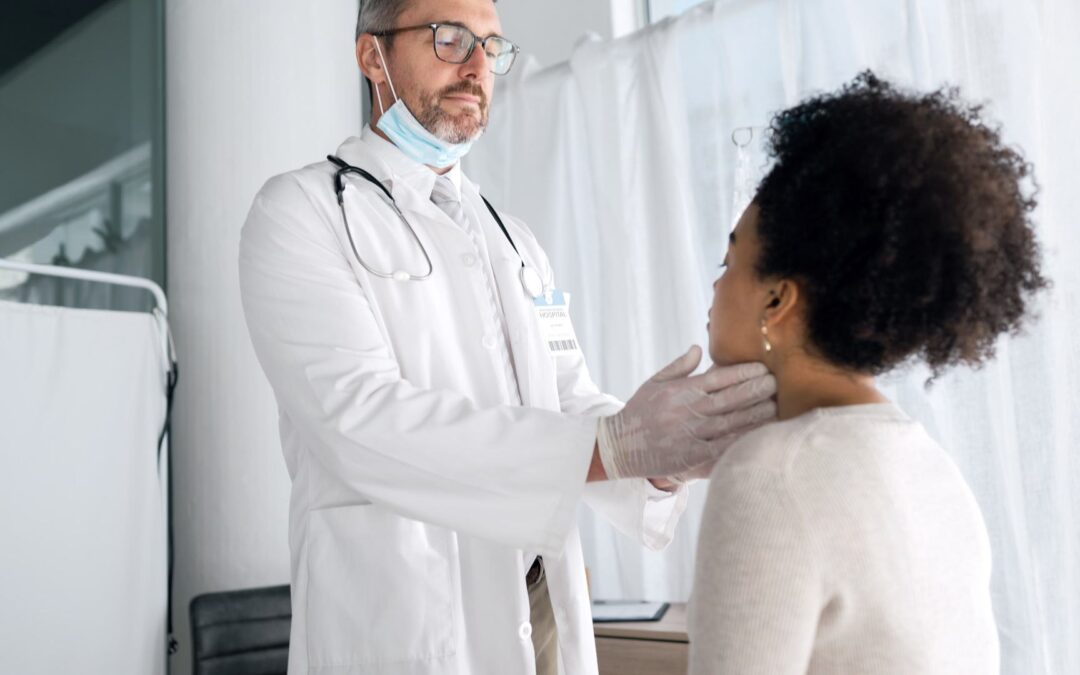If you’ve been involved in an accident, seeking medical attention is crucial. Not only can it help diagnose and treat injuries, but it can also play a vital role in building a strong personal injury case. In Georgia, seeking medical attention after a car accident can make all the difference in securing fair compensation for your injuries. In this blog post, we’ll explore the importance of seeking medical attention, the types of injuries to look out for, and how medical records can impact your case.
Why Seek Medical Attention?
Seeking medical attention after an accident is essential for several reasons. First and foremost, it can help diagnose and treat injuries. Some injuries, such as internal bleeding or concussions, may not be immediately apparent. A medical professional can identify these injuries and provide appropriate treatment. Second, seeking medical attention can help prevent further injury. If you’ve suffered a muscle strain or whiplash, a doctor can provide guidance on how to manage your symptoms and prevent further strain. Finally, seeking medical attention can help build a strong personal injury case. Medical records can serve as evidence of your injuries and help establish liability.
Types of Injuries to Look Out For
After an accident, it’s essential to be aware of the types of injuries to look out for. Some common injuries include:
Soft Tissue Injuries
Soft tissue injuries refer to injuries to muscles, tendons, and ligaments. These injuries can be painful and debilitating but may not be immediately apparent. Common soft tissue injuries include whiplash, muscle strains, and ligament sprains.
Head Injuries
Head injuries can be particularly dangerous and may not be immediately apparent. Concussions, for example, can occur even if you don’t lose consciousness. Other head injuries include skull fractures, brain damage, and facial lacerations.
Back and Neck Injuries
Back and neck injuries can be severe and long-lasting. Common injuries include herniated discs, spinal cord injuries, and nerve damage.
Internal Injuries
Internal injuries can be life-threatening and may not be immediately apparent. Common internal injuries include internal bleeding, organ damage, and ruptured spleens.

How Medical Records Can Impact Your Case
Medical records play a crucial role in personal injury cases. They can serve as evidence of your injuries and help establish liability. Medical records can include:
Doctor’s Notes
Doctor’s notes can provide a detailed account of your injuries and treatment. They can also serve as evidence of your pain and suffering.
Medical Imaging
Medical imaging, such as X-rays and MRIs, can provide visual evidence of your injuries.
Prescription Records
Prescription records can show the type and amount of medication you’ve been prescribed, which can help establish the severity of your injuries.
Therapy Records
Therapy records can provide evidence of your physical and emotional pain and suffering.
Conclusion
Seeking medical attention after a car accident is crucial in Georgia. Not only can it help diagnose and treat injuries, but it can also play a vital role in building a strong personal injury case. By understanding the types of injuries to look out for and how medical records can impact your case, you can ensure that you receive fair compensation for your injuries. Remember, if you’ve been involved in an accident, seek medical attention immediately.
Additional Resources
- Georgia Code: O.C.G.A. § 24-1-1 et seq. (Rules of Evidence)
- Georgia Courts: Georgia Supreme Court and Court of Appeals decisions on medical records and personal injury cases
- American Medical Association: Resources on medical treatment and diagnosis of common injuries
Note: This blog post is for informational purposes only and should not be considered legal advice. Consult with an experienced personal injury attorney at Rebecca Kay Sapp Law Firm for specific guidance on your case. Call today for a free consultation.

